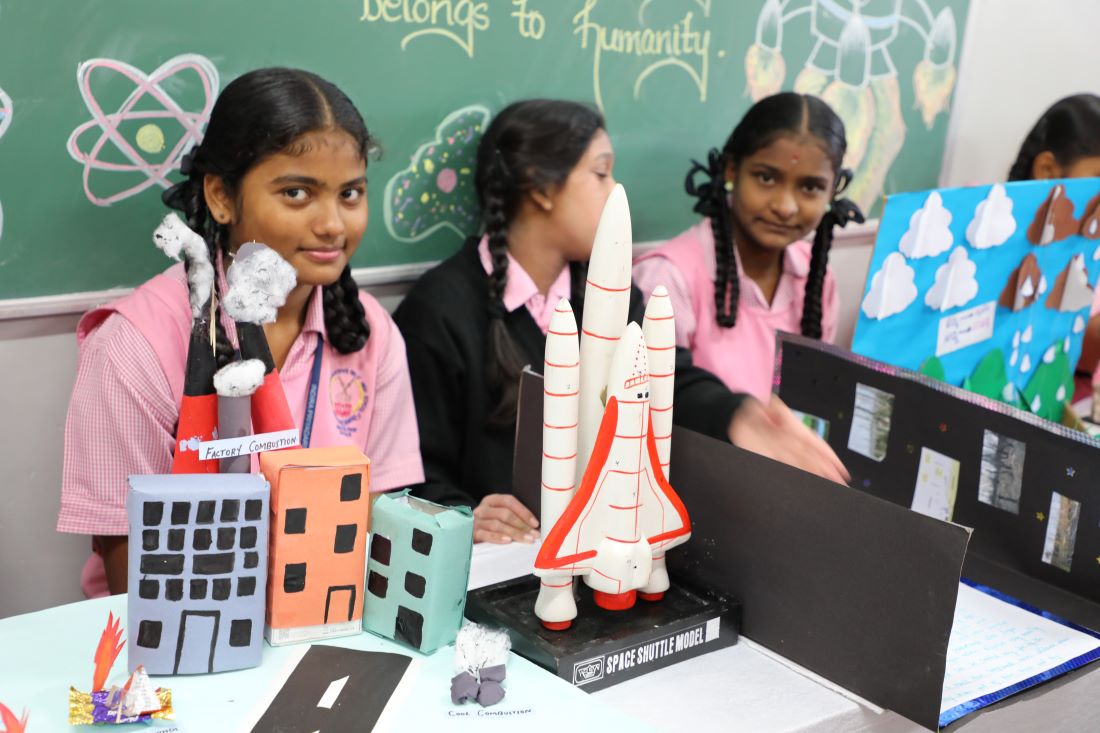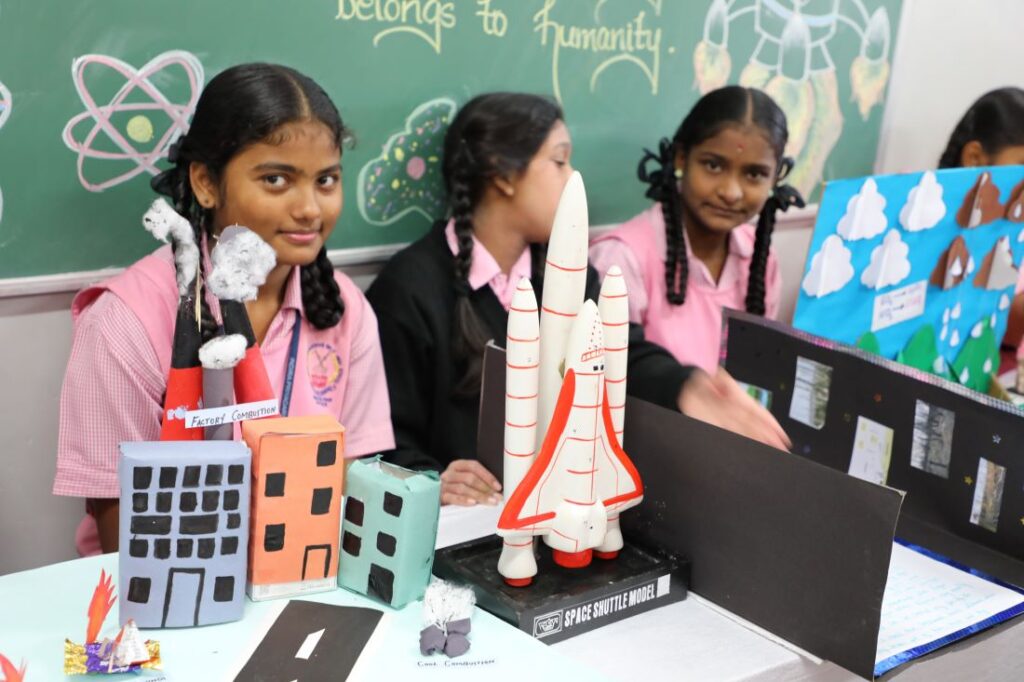
Inclusive education is not merely a buzzword but a fundamental principle that lies at the heart of creating a truly equitable society. In India, the journey towards inclusive education has been both challenging and transformative, as we strive to ensure that every child, regardless of their background or abilities, receives quality education in an inclusive environment.
Inclusive education goes beyond merely integrating students with disabilities into mainstream classrooms; it’s about recognizing and embracing the diversity of learners and providing tailored support to meet their individual needs. It’s about creating classrooms where every child feels valued, respected, and empowered to reach their full potential.
In recent years, India has made significant strides towards inclusive education through various policy initiatives and programs. From the Right to Education Act to the Sarva Shiksha Abhiyan, efforts have been made to ensure that every child has access to free and compulsory education, regardless of their socio-economic status or abilities.
As we continue on this journey, it’s essential for all stakeholders—educators, policymakers, parents, and communities—to come together and work towards creating an education system that truly leaves no child behind. Because in the end, inclusive education isn’t just about ensuring access to education for all—it’s about building a more inclusive society where every individual has the opportunity to thrive and contribute to the betterment of our nation.

